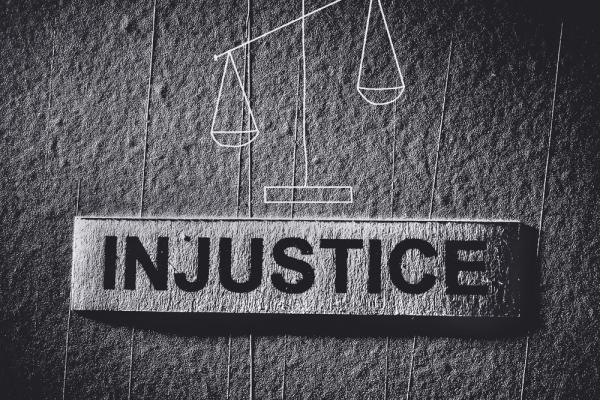Black Future Month, a term coined by the new black vanguard, seeks to build upon the robust legacy of our foreparents while refusing to nostalgically rest upon their laurels. Black Future Month affirms our collective history of struggle, resilience, and achievement, while centering our present predicament in all its urgency. As this movement progresses, it’ll be imperative that we retain the spiritual foundation which anchored the freedom fighting of our ancestors,’ but this retention cannot come at the expense of passing the baton off to emerging leadership. We must go forward together, acknowledging that we need the collective wisdom of our people to navigate the troubled waters that surround us on all sides.
Black Future Month emerges from the #BlackLivesMater movement and the awareness that we’re in the midst of a watershed moment. There are currently “more African-American adults under correctional control, in prison or jail, on probation or parole, than were enslaved in 1850, a decade before the Civil War.” Black people currently constitute 12 percent of our nation’s populace, yet represent 40 percent of the nation’s incarcerated population. It’s estimated that 1 in every 3 black males will serve time in jail or prison in their lifetime and that 1 in 13 black people cannot vote due to felon disenfranchisement. As bleak as these realities are, mass incarceration is just a portion of the burden we’re bearing.
For those of us who aren’t behind bars, racial profiling is a daily dilemma, ranging from stop and frisk, to driving while black, police brutality, and the ever-present threat of being killed while unarmed. USA Today found that “at least 70 police departments … arrested black people at a rate 10 times higher than people who aren’t black.” Additionally, according to a ProPublica analysis of federally collected data on fatal police shootings, black males are 21 times more likely to be killed by police officers than their white counterparts. In the face of these dire statics, we must think proactively and strategically to ensure that there is a future for our race.
As we look back and appreciate the greatness of the civil rights movement and other liberation efforts, we must also learn from their shortcomings. As we press forward today, we can no longer tolerate a movement that denounces racism while perpetuating the sin of sexism. We cannot have a freedom movement where women are shackled, marginalized, not acknowledged and affirmed as critical leaders with equal status and value to any male in the movement. Moreover, our movement cannot be focused upon the interest of the middle class, but must prioritize the interest of the least of these.
We can no long fight for justice in silos. We must connect the dots and comprehend the intersectionality of injustice. We have to connect racism to patriarchy, classism, militarism, and nationalism. There’s a connection between the disregard for black lives here in the U.S. and those being massacred along the Gaza Strip. As Dr. King said, we can no longer raise our voice against the violence of the oppressed in the ghettos without having first spoken clearly to the greatest purveyor of violence in the world today — our own government. Similarly, we have to realize the connection between the “War on Drugs” and the war on immigration, and after doing so, develop the integrity to stand in solidarity with our Latino/as, as we’d have them stand with us. Additionally, we cannot be silent as violence is enacted against our LGBTQIA members, nor can we stifle their prophetic voice.
As we strive toward a more just future, we also have to be willing to look at ourselves in the mirror. We must do better in our own communities. We start by destigmatizing addiction. We have to begin taking Matthew 25 to heart and congregationally commune with felons and prisoners. We also must reprioritize the cultivation of organic leadership from within our communities and pledge to support those trying to reintegrate themselves into society.
Within my network, leadership and community development have become integral components of discipleship. We’re cultivating leadership who are willing to speak truth to power both inside and outside of our communities. We’re making disciples who recognize the need for solidarity with others — across lines of race, ethnicity, class, and nationality. We’re producing disciples who exegete society alongside of Scripture and connect the sacraments to justice.
The black church must reemerge as the backbone of black communities. While it has retained this role in many places, in many others it has not. The church cannot be a place where we insularly gather twice a week; it must be a life-giving force that empowers the broader community.
Dominique DuBois Gilliard is a pastor, theologian, and educator, currently serving at New Hope Covenant Church in Oakland, Calif. You can follow him on Twitter @WEB_DuBois_Ture and read more from him on his blog ctobt.com.
Image: winnond / Shutterstock.com
Got something to say about what you're reading? We value your feedback!
